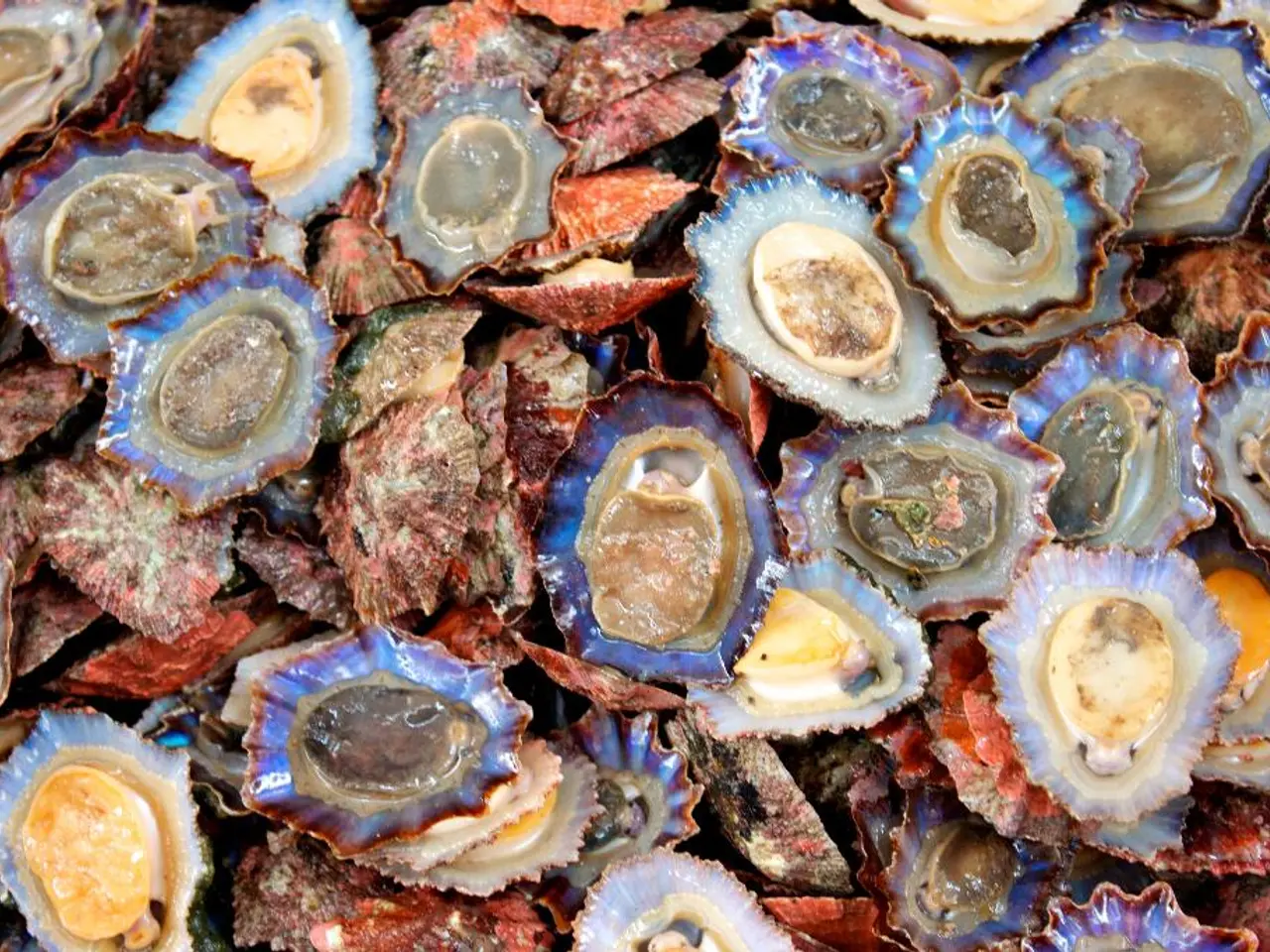Inquiries about Pursuing a Doctoral Degree Answered
The Scripps Institution of Oceanography, located at the University of California, San Diego, offers both M.S. and Ph.D. programs in marine-related fields, such as Marine Biodiversity and Conservation.
### Program Differences and Requirements
The M.S. program focuses on advanced coursework combined with a research thesis, typically taking about 2 years. It is designed to deepen knowledge in specific areas of marine biology and conservation and prepare students for professional or academic roles. On the other hand, the Ph.D. program is more research-intensive, requiring a significant original dissertation and usually lasting longer (often 4-6 years). It aims to train experts in independent research, ready for careers in academia, research institutions, and high-level professional positions.
While detailed admission requirements for Scripps specifically are not fully outlined, usual expectations include strong academic records, research experience or potential demonstrated through prior projects, publications, or recommendations, and a research proposal or statement of purpose describing fit with faculty interests.
### Funding Opportunities
Graduate students at Scripps typically receive funding packages that may include fellowships, research assistantships, and teaching assistantships. Although explicit details about funding are not stated, institutions like Scripps traditionally offer funding to Ph.D. students to cover tuition and stipends for living expenses. M.S. students’ funding may be more limited but could be available through grants or assistantships.
### Key Points
- Applicants will be notified as soon as possible regarding the decision, with most admissions decisions made by April 1. - The TOEFL score is valid for 2 years, and students can take the International English Language Testing System (IELTS) examination instead of the TOEFL test. - There are resources available for graduate students who are also parents. - Scripps graduate students are expected to advance to candidacy by the end of their third year. - There are three major codes at Scripps: SI76 (Earth Sciences), SI77 (Marine Biology), and SI78 (Oceanography). - The minimum GPA requirement for all UC San Diego graduate programs is 3.0 on a 4.0 scale. - The GRE is not required for admission to Scripps, but applicants can choose to report their scores. - Applicants should use the UC San Diego online application system for all letters of recommendation. - Applicants may choose up to two academic programs: Climate-Ocean-Atmosphere Program (COAP), Geosciences of the Earth, Oceans, and Planets (GEO), and the Ocean Biosciences Program (OBP). - A personal visit to Scripps can help faculty and students meet and interact, but it does not guarantee admission. - Scripps usually accepts between 60 and 80 Ph.D. applicants each year, out of a pool of 350 to 400. - The Scripps Ph.D. program is a research-based doctoral program, typically taking 5 or 6 years to complete, and offers guaranteed funding for 5 years. - Students admitted into the Ph.D. program are typically offered 5 years of support, including tuition & fees and a yearly stipend. - Only documents submitted through the UC San Diego online application system will be considered during application reviews. - More information about English proficiency exams, including the TOEFL and IELTS, can be found on the Graduate Division's website. - More information about fellowships offered by UC San Diego can be found on the Cost and Funding page.
If you want specific admissions criteria or funding details, contacting Scripps directly or visiting their official graduate program pages would provide the most accurate and updated information.
In the context of the Scripps Institution of Oceanography's graduate programs, students interested in climate science could pursue the Climate-Ocean-Atmosphere Program (COAP). For those passionate about marine biology, the Ocean Biosciences Program (OBP) may provide suitable learning opportunities. These education-and-self-development paths involve various forms of learning, including advanced coursework, research projects, and original dissertations, as part of their maritime studies.




